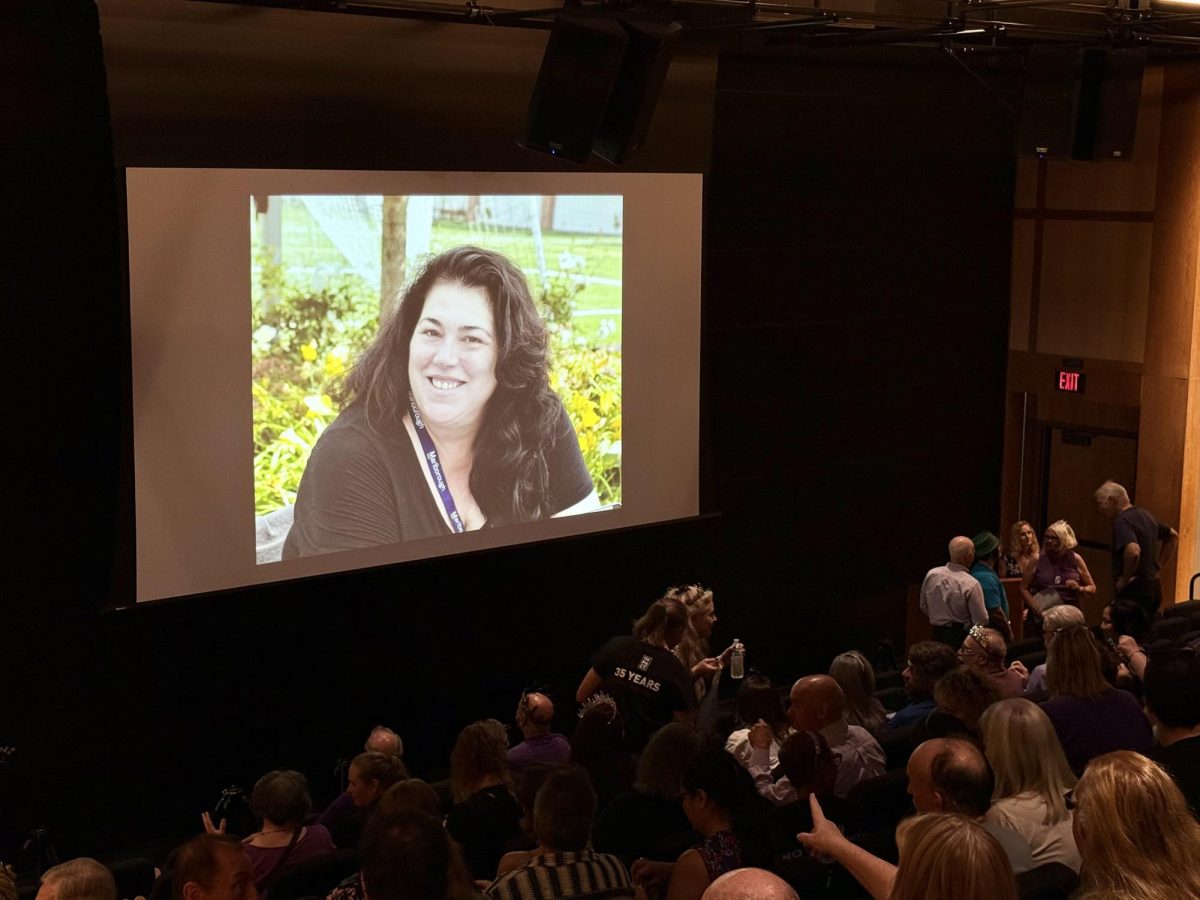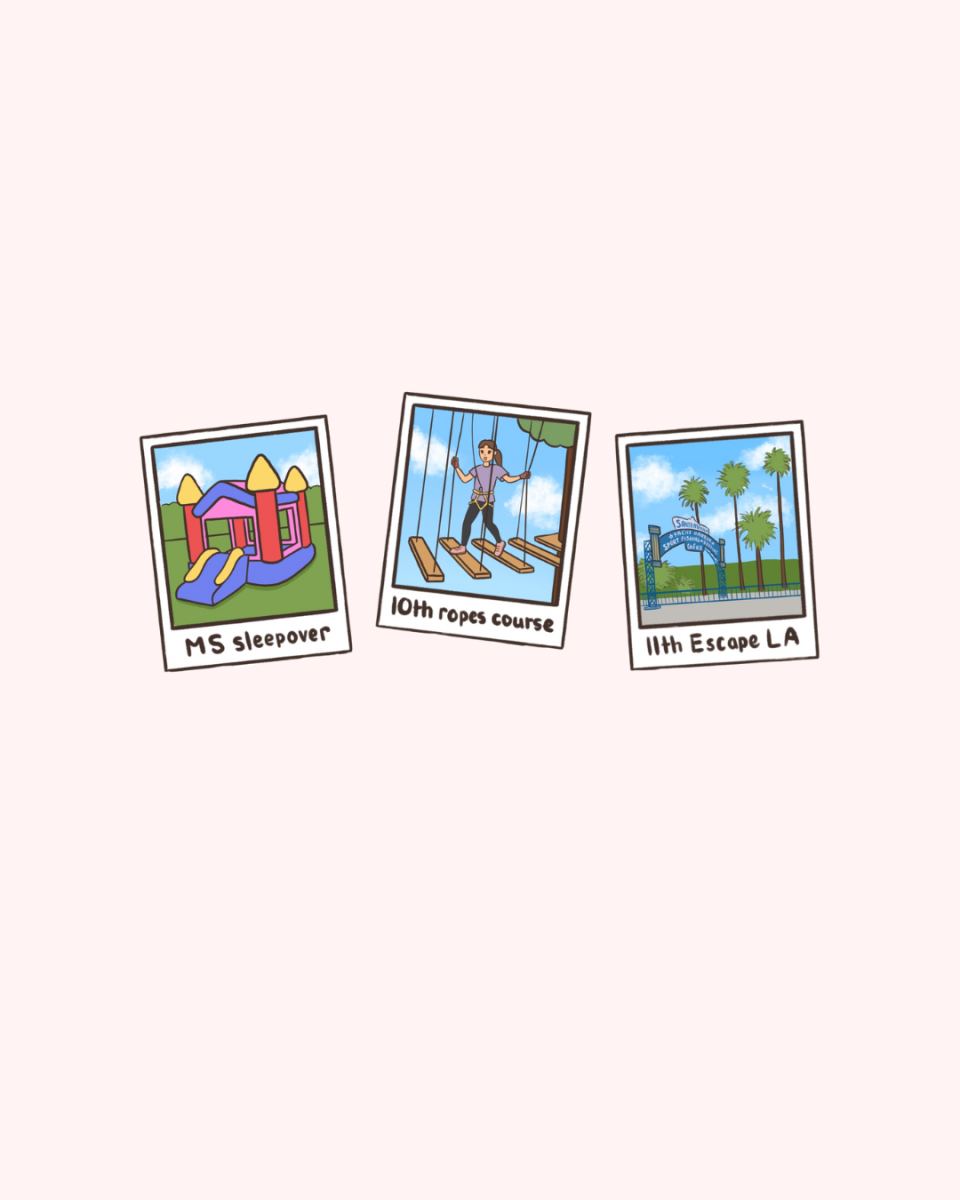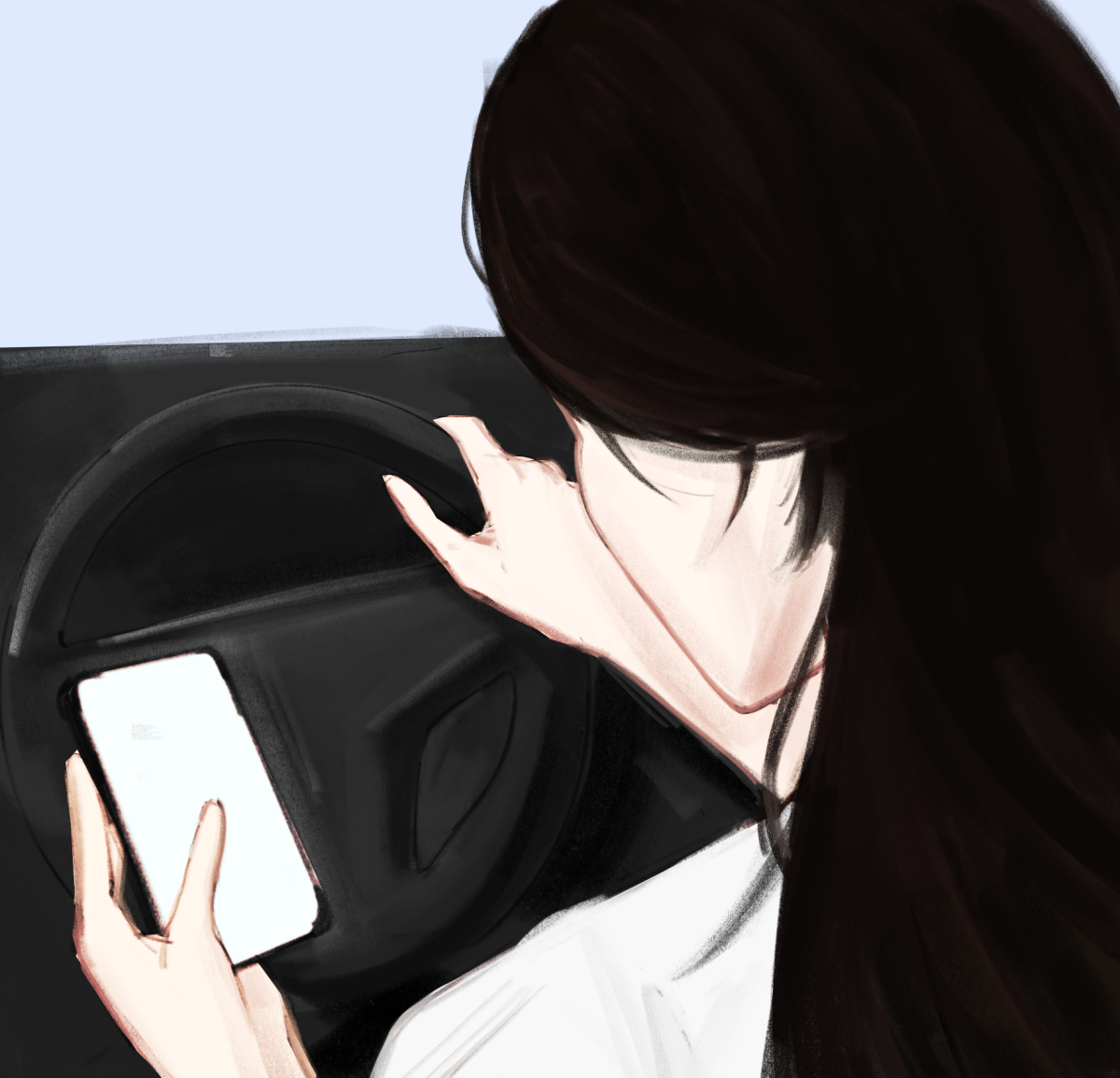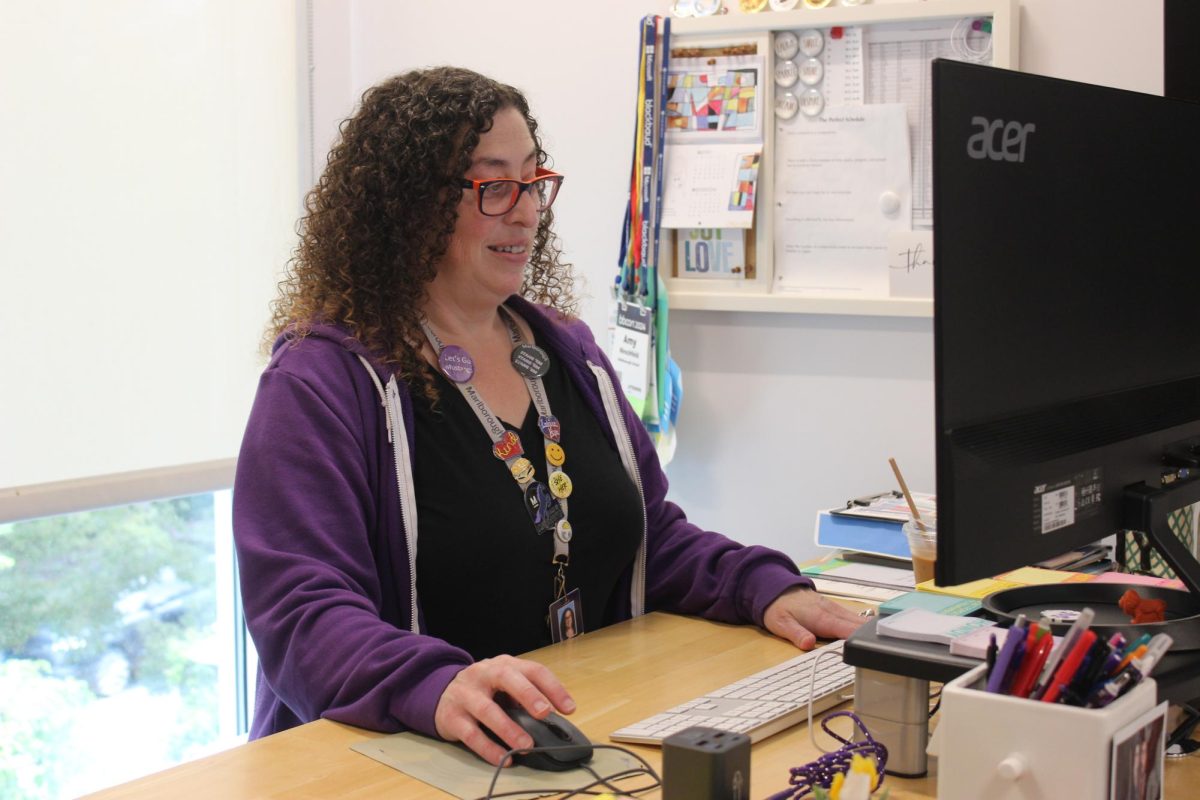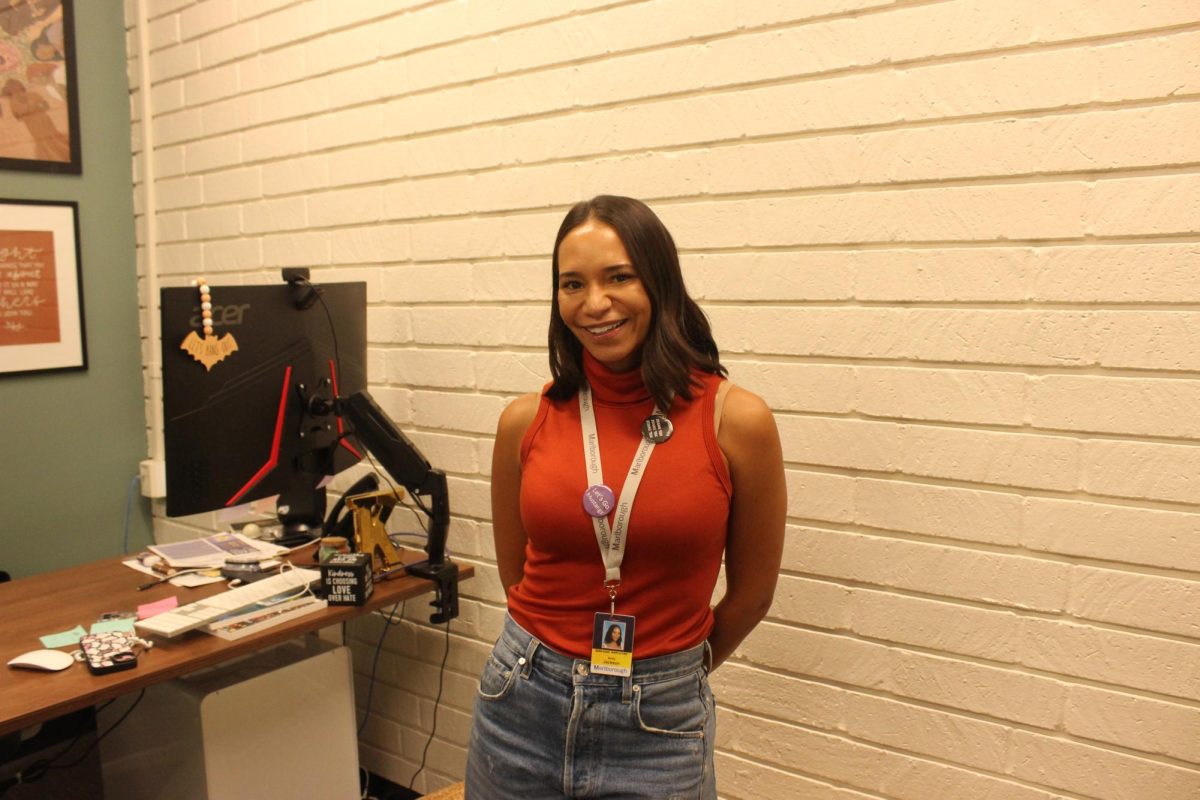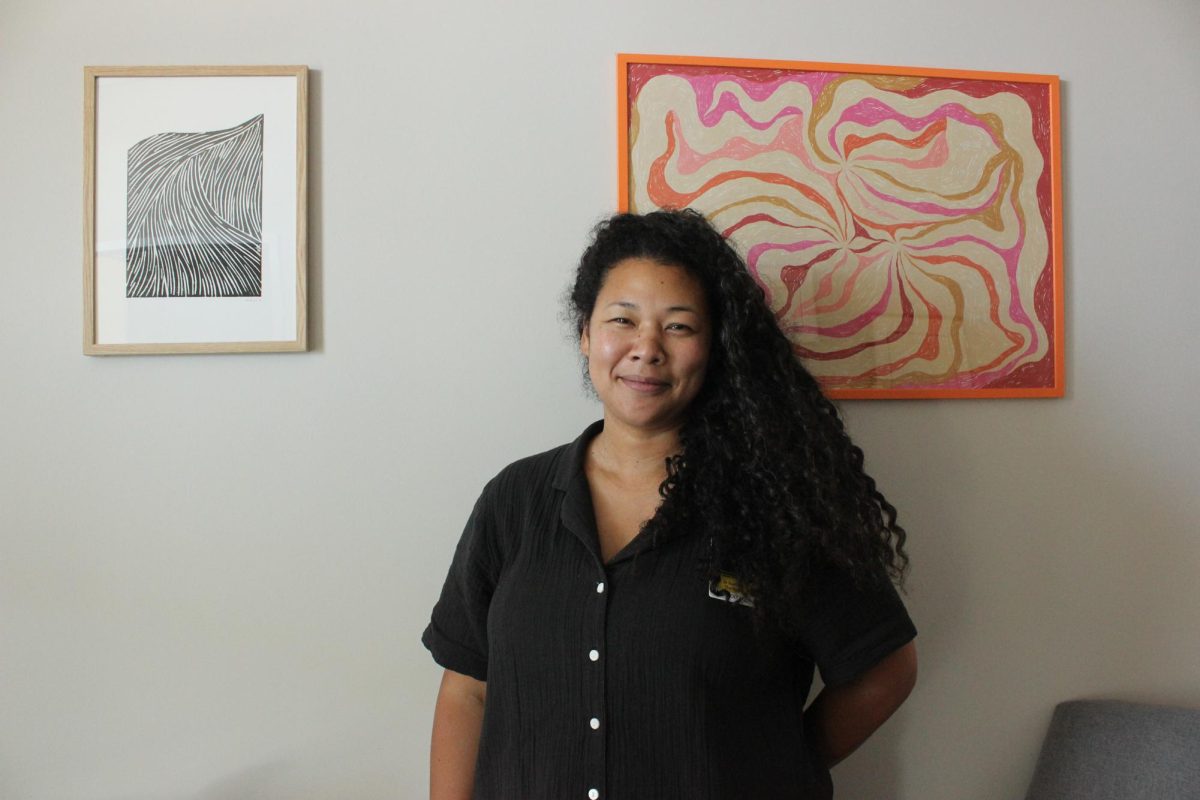Artificial intelligence (AI) has recently emerged as a transformative force in education, modifying many schools’ policies. Students and administrators are changing how they operate to adapt to this rapidly changing academic environment.
At Marlborough, the use of AI materials, such as ChatGPT, GoogleBard and even AI detection tools, are prohibited when used to generate, edit or alter written material, unless explicitly approved by a student’s teacher. Head of Upper School Regina Rosi Mitchell urges students to refrain from using such technology at this time as its use, without permission, violates the academic integrity agreement and is considered plagiarism.
“By using [AI] while you’re at Marlborough and getting this amazing education with these amazing teachers, it’s almost like you’re cheating yourself,” Rosi Mitchell said.
The administration has seen an increase in academic integrity violations this year, with the majority relating to the unacceptable use of AI. Students have been brought in for varying levels of AI use in their writing that was detected by utilizing a tool called Turnitin Feedback Studio, which is also implemented in 69% of the top 100 colleges and universities in the United States.
“[Turnitin] will say that over 22% [similarity] is over 99% likely to have used AI,” Rosi Mitchell said. “And what we’ve found is that, actually, it’s pretty accurate.”
Furthermore, teachers themselves have been able to identify AI use through general familiarity with students and the patterns of the work they have produced in the past. Additionally, they can pinpoint AI-generated content by noticing similarities between essays that are likely to have been created by inputting the same prompt into an AI tool, which is common among students.
“I’ve seen students around campus using it,” Juliette ’28 said. “From what I’ve observed, it seems pretty accessible.”
The consequences of exploiting AI sources begin with a conversation with the teacher whose class the work was for, with a follow-up from Rosi Mitchell and communication with the student’s parents. The next steps depend on the severity of the circumstances.
“Depending on what the situation is, if it makes sense for the person to have to redo the assignment, they will have to do a complete rewrite with a full grade reduction,” Rosi Mitchell said. “Second-time offense, it does get a bit more serious. The college counselor enters into the conversation, and the grade penalty is more severe. Generally, we only have to have that conversation one time.”
While the future of AI remains unclear, a committee of teachers called MaGIC (Marlborough’s Generative artificial Intelligence Committee) has been discussing the next steps for its implementation in learning at Marlborough.
“I’m more interested in trying to figure out how we’re going to use AI, as opposed to trying to avoid it,” Director of Middle School Sean Fitts said.


